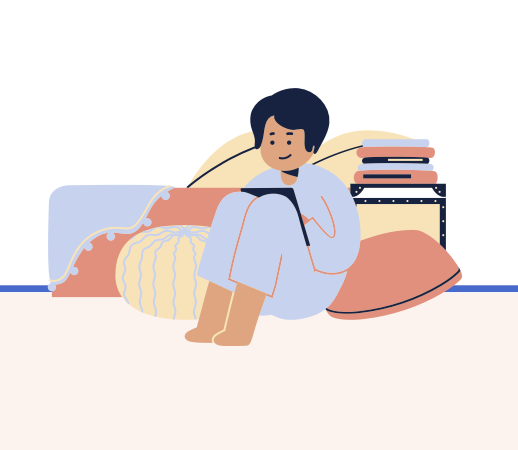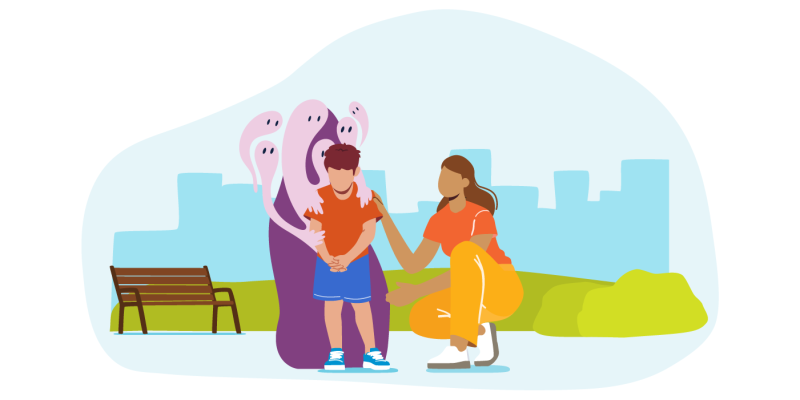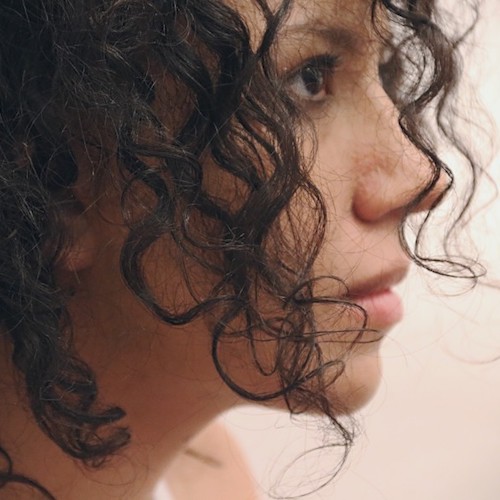
Digital Mental Health Tools for Teens and Young Adults [downloadable]
Emotional wellness applications are designed to promote positive moods and are used as coping tools. The follow apps for teens and young adults were hand-picked by by experts from the Catherine T. Harvey Center for Clinical Services at CHC. Read more >>











